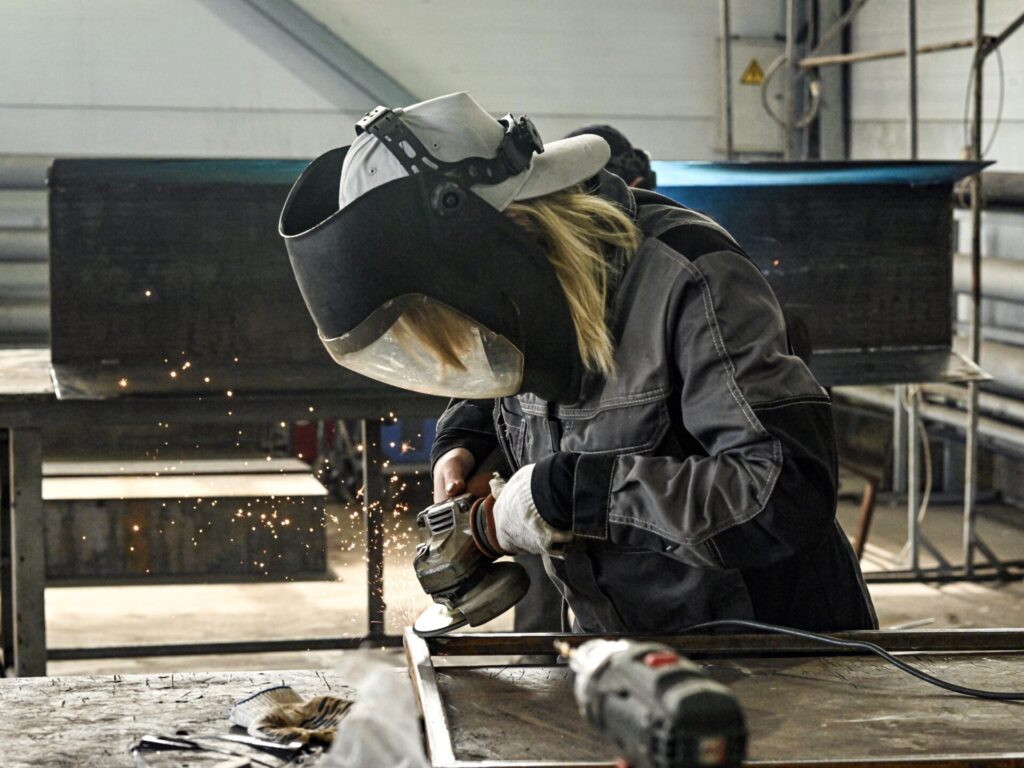Young women in the UK are facing the highest career barriers and health stigma at work, research from Superdrug Online Doctor found.
A survey of 2,000 women showed those aged 16 to 24 reported more negative behaviour from male colleagues and fewer chances to move up.
83% of this age group said they had been spoken over, 73% said they had been patronised, and 68% said they had been dismissed by men at work.
35% pointed to a lack of leadership chances or clear career paths, 25% said there was pay inequality, and 23% pointed to gender bias.
37% of women aged 16 to 24 said their workplace did not support female health needs, compared to 28% of women aged 55 and over.
One in five (20%) Gen Z women said severe period symptoms or conditions like endometriosis had held back their career.
45% said they had worked through severe period pain due to stigma or workplace culture, while 35% avoided asking for help because they feared being seen as unprofessional.
64% of women overall said they would consider quitting a job due to toxic culture or gender discrimination.
Gen Z women were especially likely to leave jobs with poor menstrual health support, limited career progression, or biased cultures.
Nearly one in 10 (9%) Gen Z women said they had an abortion to avoid career setbacks.
27% said they had downplayed or hidden a pregnancy at work to avoid being seen as less capable, while 20% avoided talking about fertility treatment or miscarriages to dodge judgement.
24% of women aged 16 to 24 said they were already worried about how menopause could affect their careers in the future.
Mikaela Jackson, founder of She Almighty, said: “The stats around pregnancy impacting women and their progression are undeniable.
“Women begin thinking about whether or not they want to have a family way before they decide to try for a baby, sometimes even before they have a partner.
“This can impact the moves they make in their career, like whether or not to change roles and switch companies for worry of losing maternity benefits. Or, to go for a promotion, or, ask for a pay rise.”
Jackson added: “The fact that 15% of women have been directly advised to delay or avoid pregnancy or fertility treatments to ‘protect’ their career progression is perhaps most shocking, along with 26% of women having felt the expectation to do so from their workplace culture.”
Deborah Garlick, founder of Henpicked, said: “Gender equality needs action on menopause and menstruation. Research proves you cannot achieve true equality without addressing both.
“The Employment Rights Bill is moving fast through Parliament and larger employers will soon have to take action, but responsible organisations aren’t waiting.
“They know that supporting menopause and menstruation isn’t ‘nice to have’.”
Garlick added: “It’s essential for retention, workplace equality, and long-term business success. The best time to act is now. When leaders and colleagues feel comfortable talking about menopause, it’s a game changer.
“These numbers are stark, a third say menopause has impacted their earning potential and over 40% say the same for menstrual health.
“For many, this isn’t just about taking time off; it’s about making life-changing decisions – leaving jobs, going part-time or stepping back from career ambitions.
“In the short term, that’s a big loss. In the long term, it’s tragic, affecting income, financial independence and long-term pension provision to enjoy life in retirement.”
















